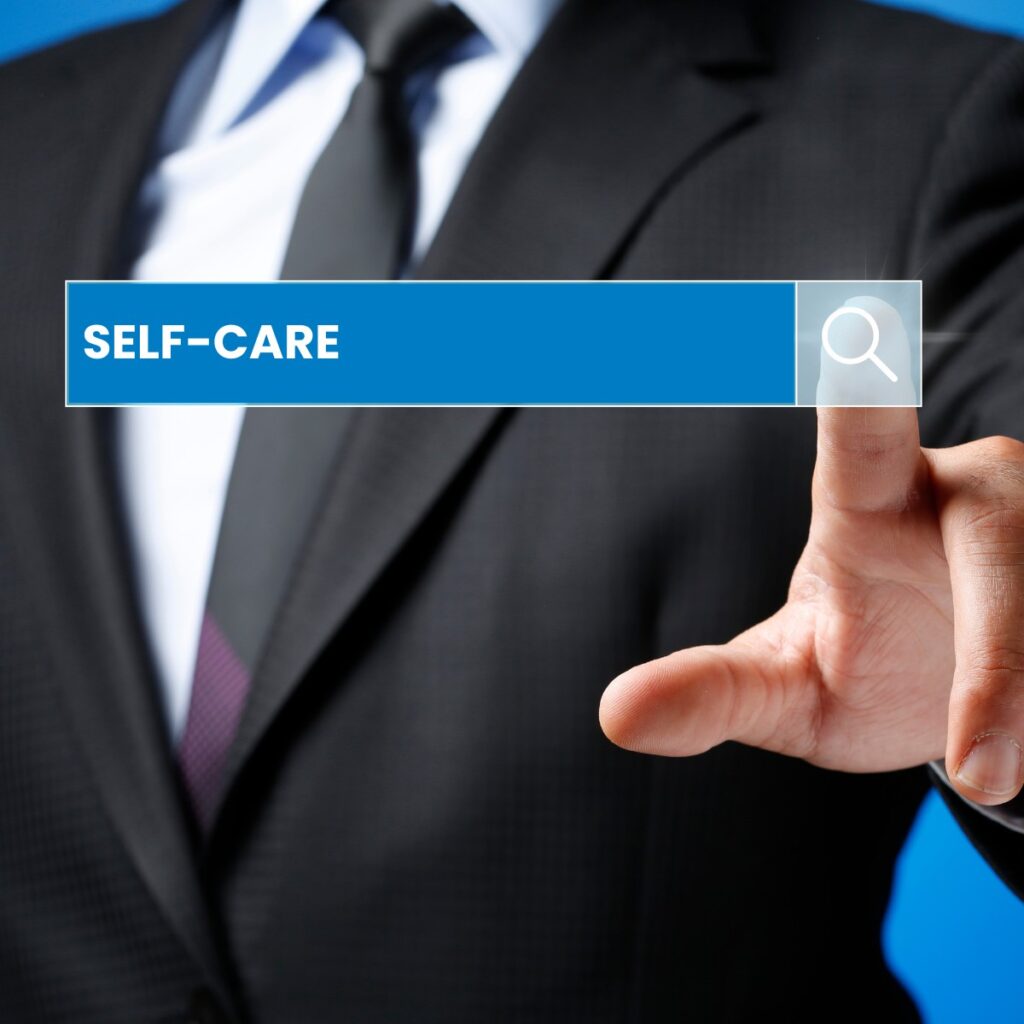Insight 3 min read
Leading with resilience: the essential role of self-care in leadership
Leaders often prioritize the needs of their teams and organizations, leaving self-care as an afterthought.

Despite the growing emphasis on well-being and resilience since the pandemic, many leaders struggle to adopt regular self-care practices.
Research and experience show that self-care is essential for optimal functioning and effective leadership, yet personal, cultural, and organizational barriers often stand in the way.
The emotional labor of leadership demands significant energy, and societal norms can discourage leaders from focusing on their own well-being.
For instance, some leaders worry about their staff’s health but neglect their own, while others feel that taking time for themselves appears indulgent.
Organizational cultures that value “strength and heroism” over vulnerability further complicate efforts to prioritize self-care.
To integrate self-care into leadership, a mindset shift is crucial
Leaders must give themselves permission to care for their own well-being and recognize the importance of modeling healthy behaviors for their teams.
This involves meeting oneself where they are, avoiding perfectionism, and celebrating incremental progress.
There are three tactical strategies one can employ when it comes to self-care:
- Prioritize Small and Steady Steps: Start with manageable changes, such as taking the stairs at work or dedicating part of lunch to personal time. Consistency is key to establishing sustainable habits.
- Find an Accountability Partner: Share your self-care goals with a trusted colleague or family member to stay motivated and consistent.
- Celebrate Successes: Acknowledge and savor the moments when you prioritize your well-being, reinforcing positive habits.
The five-point checklist
A practical approach to self-care involves evaluating five key areas:
1. Body budget
Consider your energy expenditures and replenishments. Focus on diet, exercise, hydration, and sleep.
For example, plan meals during travel, incorporate micro-workouts, and practice mindful alcohol consumption.
2. Emotional health
Use the ABC framework:
- Awareness: Recognize and understand your emotions.
- Build Intelligence: Identify the underlying causes of strong emotions.
- Communicate: Address issues with clear, constructive conversations.
3. Relationships
Cultivate supportive and collaborative relationships.
Regularly review connections to determine which are energizing and which may need to change.
4. Choice points
Recognize moments where intentional decisions align with your goals and values. Create boundaries to support well-being and delegate tasks to manage workload.
5. Growth
Dedicate time to learning and personal development. Reflection and curiosity can reignite passion and effectiveness in leadership roles.
By embracing self-care, leaders not only improve their own health and resilience but also set a powerful example for their teams.
Small, consistent actions build a foundation for sustainable leadership, fostering a culture where well-being is prioritized for everyone.
Join our community at https://dagora.ch/contacts/
